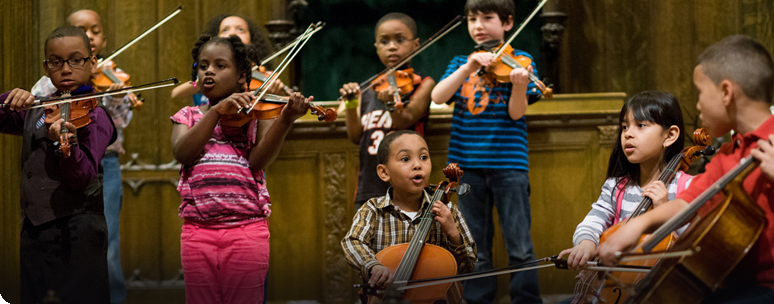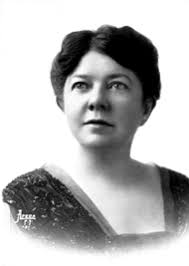A Day at the BeachJoin us Thursday, February 15 at 7pm for our Sonata Series Event featuring Jesse Holstein and Luke Fatora with guest pianist Jeff Louie. The evening’s program features a composition by Amy Beach. Here, Jesse talks about the composer and the piece he’ll perform at RISD Museum Grand Gallery.
A piece that has recently come into my orbit is the Sonata for Violin and Piano by Amy Beach. It was completely unknown to me before I performed it at the Apple Hill Center for Chamber Music last August. In the process of learning it, I became quite taken with the piece and subsequently asked my friend Jeff Louie to play it with me for the CMW Sonata Series Concert this February 15 at the RISD Museum at 7pm. If I may be permitted, perhaps a little background about Ms. Beach and the sonata.
Tucked between the Connecticut and Merrimack rivers in south-eastern New England lies the little town of Henniker, New Hampshire. Aside from being the birthplace of Red Sox legend Ted Williams, Henniker also lays claim as the birthplace of one of the most important figures in American classical music, Amy Marcy Cheney Beach. Born September 5, 1867, Amy Cheney exhibited prodigious musical talent on the piano and in composition from a very young age. She advanced far beyond what teaching was available in Henniker by age seven and in order to support Amy’s talent, the family moved to the Boston suburb of Chelsea in 1875. There, she studied piano with Carl Baermann, who was himself a piano student of Franz Liszt. While Amy did receive some composition and counterpoint coaching as a young teen, she was essentially an autodidact in composition her whole life. Impressively, her “Gaelic Symphony” of 1896 received its world-premier by the Boston Symphony and was the first symphony composed and published by an American woman. This is a testament to her incredible gift of melody and intuitive ability as a composer.
When Amy was on the verge of international stardom as a pianist and composer, she got married at age eighteen to a prominent Boston surgeon, Dr. Henry Harris Aubrey Beach, twenty-four years her senior. As was the custom of the times, he limited her performing life to just a few recitals a year and Amy received no mentoring or tutoring as a composer. When Dr. Beach died in 1910, Amy began touring as a pianist and composer in Europe and was a tremendous success. She would return to America in 1914 and was a major figure in American Classical music until her death in 1944.
With Amy’s piano concerto appearances with the Boston Symphony as a teenager, she gained the attention of the BSO Concertmaster, Franz Kneisel. He invited her to perform the Schumann piano quintet with his string quartet in 1894 and he premiered her violin sonata in 1897 with Ms. Beach at the piano. Arguably the greatest Romantic Period American violin sonata, Beach’s piece is a dramatic big-boned sonata with a tremendous scope of expression and color. Cast in four movements, the first movement is a serious and dramatic voyage within the traditional sonata-form structure. In relief to the density of the first movement, the second movement is a much lighter scherzo akin to some of Mendelssohn’s “fairy music” movements. The third movement is the longest of the four chapters. Highly lyrical and emotional, it begins with an extended passage for solo piano. Several musicologists have remarked on the similarity of the melody of Kenny Rogers’ “She Believes in Me” to the main theme of this movement. (This statement may or may not be true.) The finale has the tremendous forward drive and drama that one might expect in the concluding chapter of such a impassioned work. At the midpoint, a Bach-like fugue appears with wonderful counterpoint and dialogue between the voices before a return to the Romantic thrust to the conclusion.
I hope you are able to join us and hear the sonata for yourself on Thursday, February 15 at 7pm at the RISD Museum Grand Gallery. Also on the program will be Beethoven’s charming sonata in E-flat, op. 12 no. 3 with Luke Fatora, violin and Jeff Louie, piano.
–Jesse Holstein
Associate Director / Senior Resident Musician |

